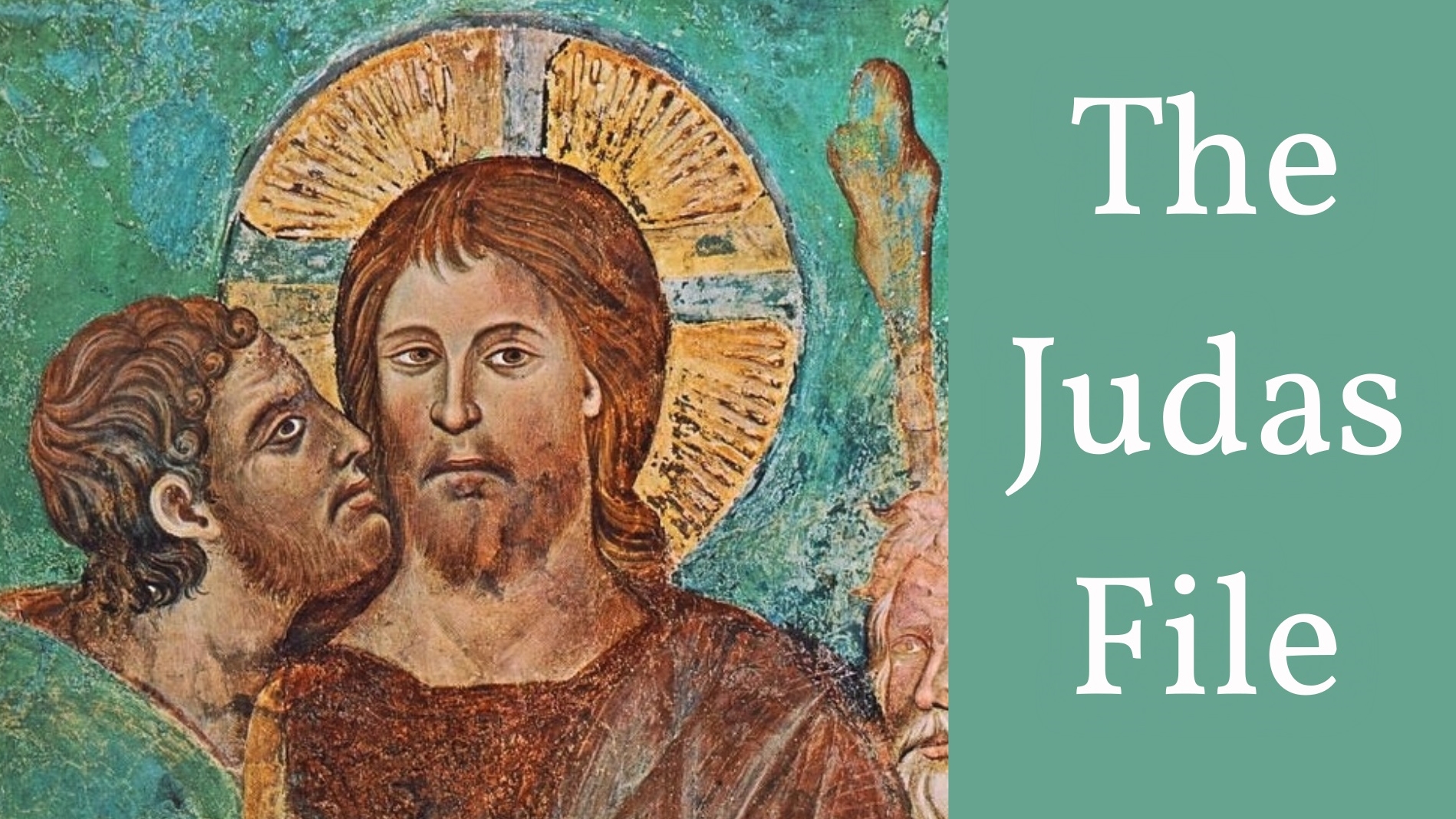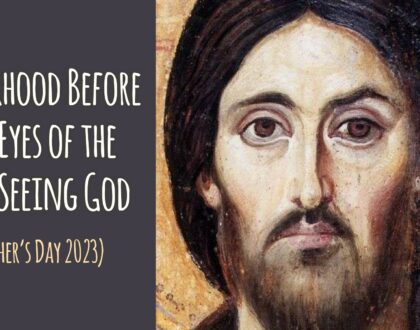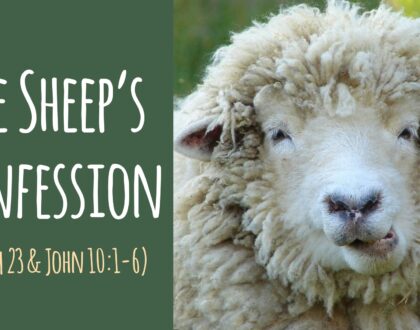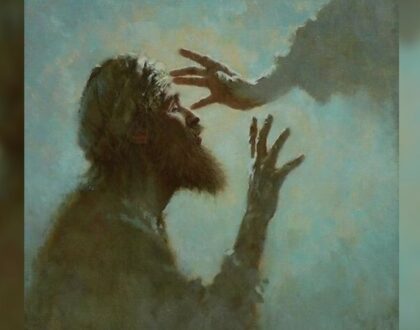Proverbs 1:20-33

by Pastor Gene
Wisdom cries aloud in the street,
in the markets she raises her voice;
21 at the head of the noisy streets she cries out;
at the entrance of the city gates she speaks:
22 “How long, O simple ones, will you love being simple?
How long will scoffers delight in their scoffing
and fools hate knowledge?
23If you turn at my reproof,
behold, I will pour out my spirit to you;
I will make my words known to you.
24 Because I have called and you refused to listen,
have stretched out my hand and no one has heeded,
25 because you have ignored all my counsel
and would have none of my reproof,
26 I also will laugh at your calamity;
I will mock when terror strikes you,
27 when terror strikes you like a storm
and your calamity comes like a whirlwind,
when distress and anguish come upon you.
28 Then they will call upon me, but I will not answer;
they will seek me diligently but will not find me.
29 Because they hated knowledge
and did not choose the fear of the Lord,
30 would have none of my counsel
and despised all my reproof,
31 therefore they shall eat the fruit of their way,
and have their fill of their own devices.
32 For the simple are killed by their turning away,
and the complacency of fools destroys them;
33 but whoever listens to me will dwell secure
and will be at ease, without dread of disaster.”
- When the Great Disciple Defection (GDD) occurred in John 6:66-67, why do you think Judas remained with Jesus and the Eleven? Was he playing the hypocrite?
- How might disappointment or disillusionment have played a part in Judas’ betrayal of Jesus? What do you think might have been the ‘turning point’ for Judas?
- How might greed or the love of money have played a part in Judas’ betrayal of Jesus? What biblical support can you find for this idea? How can the love of money prove to be our own undoing? See 1 Timothy 6:6-10.
- How might jealousy have played a part in Judas’ betrayal? How might he have been envious of the other Eleven? How might he have felt like an outsider?
- How might offense have played a part in Judas’ betrayal? Were there ever conflicts among the Twelve? See Mark 10:37-41, Luke 22:24, and John 20:18-22.
- How might a desire for self-preservation have played a part in Judas’ betrayal of Jesus?
- How did ‘the mystery of iniquity’ play a part in Judas’ betrayal of Jesus? See John 13:26-30. How can we specifically guard against attacks from the kingdom of darkness? Consider 2 Corinthians 10:3-6 carefully.
- Christian writer Jeff Lucas writes, “Generally, people don’t fall into sin—they slide, and there are key turning points along the way when bad decisions are made.”[1] Do you agree with this? Why or why not? Is there biblical support for this idea?
- Consider Proverbs 1:20-33 carefully. What is it warning? Who is speaking? Who promises to “laugh” and “mock” in verse 26? List all of the promises it makes to the “simple ones”? What promises does it make for those who “listen” to wisdom?
[1] Lucas, Jeff, Notorious: An Integrated Study of the Rogues, Scoundrels, and Scallywags of Scripture (Colorado Springs, CO: David C Cook, 2019), italics mine.
Recommended Posts

Reflection Questions: Fatherhood Before the Eyes of the All-Seeing God (Father’s Day 2024)
June 16, 2024


